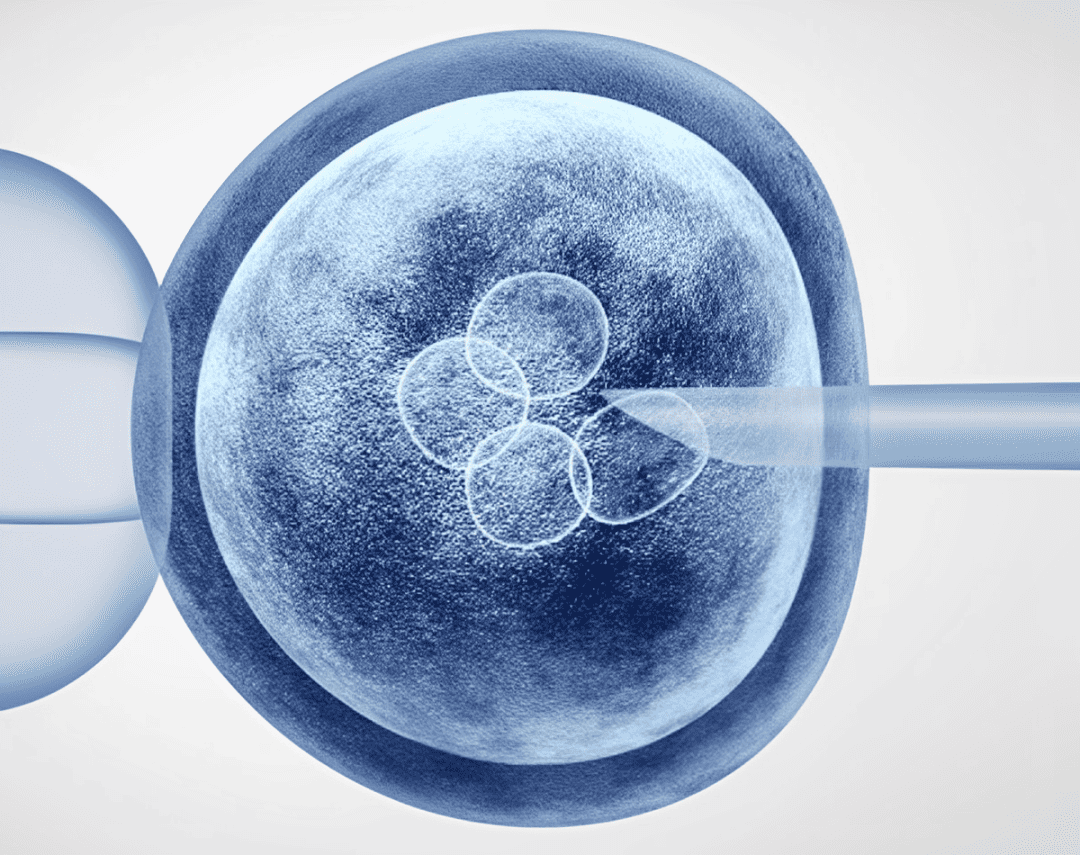
PGD - Pre Implantation Genetic Diagnosis
Genetic Clarity Before New Life Begins
At Jaiswal Fertility and Laparoscopy Center, we provide advanced Preimplantation Genetic Diagnosis (PGD) services to help couples identify genetic conditions before pregnancy. PGD is especially beneficial for those with known hereditary disorders or recurrent miscarriages. By examining embryos for genetic abnormalities before implantation, we increase the chances of a healthy pregnancy. Led by Dr. Uma Jaiswal and a team of skilled embryologists, we utilize state-State of the art modular IVF Lab with best world class equipment Embryology & Andrology Lab with Best-in-Class Medical Equipment Our goal is to ensure a safe, informed path to parenthood with personalized care, transparency, and compassion for every couple we serve.
Step By Step Process
PGD Journey Explained in Five Simple Steps
-
Initial Consultation & Genetic Counseling :
We review family medical history and genetic risks. Counseling helps couples understand how PGD can support healthy embryo selection and informed pregnancy planning. -
IVF and Embryo Development :
Eggs are retrieved and fertilized through IVF. Embryos are cultured in a lab for several days until they reach the blastocyst stage. -
Embryo Biopsy Procedure :
A few cells are carefully removed from each viable embryo without harming development, preparing for detailed genetic analysis of chromosomal or single-gene disorders. -
Genetic Testing & Analysis :
Biopsied cells undergo advanced genetic screening to detect inherited conditions or chromosomal abnormalities before selecting embryos for uterine transfer. -
Embryo Selection & Transfer :
Only healthy, genetically normal embryos are selected and transferred to the uterus to increase success rates and reduce risk of inherited disorders.
FAQS
Answering Your Questions About PGD Treatment
Couples with hereditary conditions, older maternal age, or repeated miscarriages should consider PGD for a healthier pregnancy.
Yes, PGD uses a safe biopsy technique that doesn’t harm embryo development when performed by trained specialists.
PGD detects chromosomal abnormalities, gender-linked disorders, and over 200 single-gene conditions like cystic fibrosis or Tay-Sachs disease.
While it significantly reduces risk, PGD cannot guarantee outcomes. It improves embryo quality and reduces likelihood of genetic disorders.
Yes, PGD is often performed alongside ICSI to control fertilization and minimize contamination during genetic sampling.
Results usually take a few days post-biopsy, allowing selection of embryos for transfer within the same IVF cycle.
